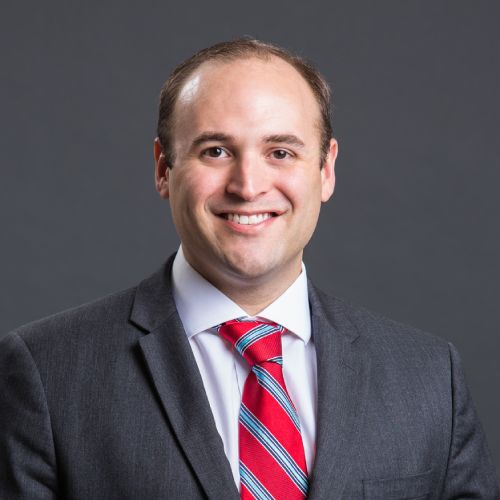
After a medical procedure, you expect answers. Relief. A clear path to recovery. Instead, you face more pain, growing uncertainty, and a sense that your care was mishandled.
When a medical outcome doesn’t go as expected, one of the first questions that comes up is, Who’s responsible, the hospital or the doctor? Understanding the distinction between hospital negligence vs. doctor negligence in Florida isn’t just about assigning blame. It’s about identifying your legal options and a path to justice.
At James Horne Law, PA, our medical malpractice lawyers help clients across Florida navigate these complex cases, particularly when the lines between hospital and physician responsibilities are blurred.
What Counts as Hospital Negligence?
Hospitals are responsible for the systems, processes, and staff that keep the facility functioning safely. This includes:
- Hiring and properly vetting qualified staff;
- Maintaining clean, safe, and sterile environments;
- Providing patients with accurate, timely information; and
- Staffing shifts adequately to avoid delays in care.
If these systems break down and cause harm, the hospital may be liable for negligence. Examples of hospital negligence may include:
- A mislabeled patient chart causes a nurse to give the wrong medication,
- An understaffed emergency room leads to critical delays in treatment, and
- Maintenance failures result in unsanitary equipment or conditions.
Under Florida law, every hospital must meet the state’s professional standard of care. If the facility’s actions or inactions deviate from what a reasonable hospital would do under similar circumstances, and that failure causes injury, it may be considered medical malpractice.
What Falls Under Doctor Negligence?
Unlike hospital negligence, doctor negligence refers to errors or lapses in medical judgment, diagnosis, or treatment decisions made by physicians directly.
Examples of doctor negligence include:
- Misdiagnosing a life-threatening illness,
- Performing a surgical procedure incorrectly,
- Prescribing the wrong medication or dosage, and
- Failing to act on abnormal lab results.
Just like hospitals, doctors in Florida are held to a professional standard of care. The question becomes, Would a similarly trained and experienced physician have acted differently in the same circumstance? If the answer is yes, and that failure caused your injury, then you may have a claim for physician negligence.
Why the Difference Between Hospital and Doctor Negligence Matters
Medical malpractice often involves both a hospital and one or more physicians. However, that does not automatically make every party legally responsible for what went wrong. Determining liability requires a close look at roles, responsibilities, and how care was delivered.
Doctors working inside Florida hospitals are frequently independent contractors rather than hospital employees. When a physician makes an error, the hospital may not be legally liable unless it contributed to the harm, such as negligent hiring, inadequate supervision, or breakdowns in communication between departments.
By contrast, hospital employees like nurses, technicians, and administrative staff fall under the facility’s direct responsibility. If a nurse administers the wrong dosage due to flawed internal policies or poor staff training, the hospital may be liable for those errors.
This distinction directly affects how your case is handled. Florida law requires a pre-suit investigation for every medical malpractice claim. That includes obtaining a medical expert’s opinion and sending formal notice to each party you intend to sue. If you name the wrong party or leave out one who shares responsibility, it can delay the process or jeopardize your ability to recover damages.
Consider a case involving post-surgical complications. It may not be evident whether the problem stemmed from a mistake during the operation, poor monitoring afterward, or a combination of both. A surgeon might have missed signs of internal bleeding, while hospital staff failed to follow up due to short staffing or inadequate equipment. Multiple parties may share legal responsibility in situations like these.
Accurately identifying who was responsible and how is essential to building a strong claim. At James Horne Law, PA, we work closely with medical experts to review your records, analyze each point of care, and help ensure every responsible party is held accountable.
Talk to a Top-Rated Florida Medical Malpractice Attorney Today
Navigating the difference between hospital negligence vs. doctor negligence can be legally and emotionally overwhelming, especially after suffering harm due to a medical error.
At James Horne Law, PA, we have the experience and insight to assess your case thoroughly and determine the right parties to hold accountable. We understand Florida malpractice laws inside and out and work diligently to protect your rights.



